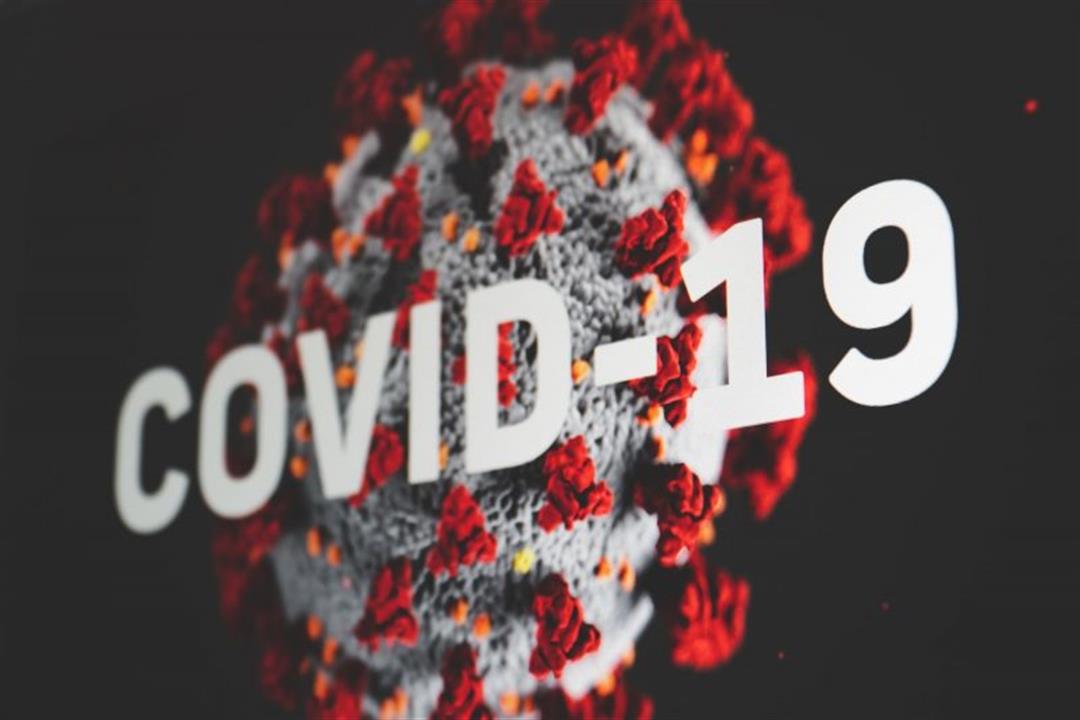Background As there are limited data of the immuno genicity of the Sinopharm/BBIBP-CorV in different populations, antibody responses against different SARS-CoV-2 variants of concern and T cell responses, we investigated the immunogenicity of the vaccine, in individuals in Sri Lanka.
genicity of the Sinopharm/BBIBP-CorV in different populations, antibody responses against different SARS-CoV-2 variants of concern and T cell responses, we investigated the immunogenicity of the vaccine, in individuals in Sri Lanka.
Methods SARS-CoV-2-specific antibodies were measured in 282 individuals who were seronegative at baseline, and ACE2 receptor blocking antibodies, antibodies to the receptor binding domain (RBD) of the wild type (WT), B.1.1.7, B.1.351 and B.1.617.2, ex vivo and cultured IFNγ ELISpot assays, intracellular cytokine secretion assays and B cell ELISpot assays were carried out in a sub cohort of the vaccinees at 4 weeks and at 6 weeks (2 weeks after the second dose).
Results 95% of the vaccinees seroconverted, although the seroconversion rates were significantly lower (p<0.001) in individuals >60 years (93.3%) compared to those who were 20 to 39 years (98.9%). 81.25% had ACE2 receptor blocking antibodies at 6 weeks, and there was no difference in these antibody titres in vaccine sera compared to convalescent sera (p=0.44). Vaccinees had significantly less (p<0.0001) antibodies to the RBD of WT and B.1.1.7, although there was no difference in antibodies to the RBD of B.1.351 and B.1.617.2 compared to convalescent sera. 27.7% of 46.4% of vaccinees had ex vivo IFNγ and cultured ELISpot responses respectively, and IFNγ and CD107a responses were detected by flow cytometry.
Conclusions Sinopharm/BBIBP-CorV appeared to induce high seroconversion rates and induce a similar level of antibody responses against ACE2 receptor, B.1.617.2 and B.1.351 as seen following natural infection.
Competing Interest Statement
The authors have declared no competing interest.
Funding Statement
We are grateful to the World Health Organization, UK Medical Research Council and the Foreign and Commonwealth Office for support. T.K.T. is funded by the Townsend-Jeantet Charitable Trust (charity number 1011770) and the EPA Cephalosporin Early Career Researcher Fund. A.T. are funded by the Chinese Academy of Medical Sciences (CAMS) Innovation Fund for Medical Science (CIFMS), China (grant no. 2018-I2M-2-002).
Author Declarations
I confirm all relevant ethical guidelines have been followed, and any necessary IRB and/or ethics committee approvals have been obtained.
Yes
The details of the IRB/oversight body that provided approval or exemption for the research described are given below:
Ethics approval was obtained from the Ethics Review Committee of the University of Sri Jayewardenepura, Sri Lanka.
All necessary patient/participant consent has been obtained and the appropriate institutional forms have been archived.
Yes
I understand that all clinical trials and any other prospective interventional studies must be registered with an ICMJE-approved registry, such as ClinicalTrials.gov. I confirm that any such study reported in the manuscript has been registered and the trial registration ID is provided (note: if posting a prospective study registered retrospectively, please provide a statement in the trial ID field explaining why the study was not registered in advance).
Yes
I have followed all appropriate research reporting guidelines and uploaded the relevant EQUATOR Network research reporting checklist(s) and other pertinent material as supplementary files, if applicable.
Yes
Paper in collection COVID-19 SARS-CoV-2 preprints from medRxiv and bioRxiv
This study shows there is some immunity has built up in vaccinated individuals. But we still don't know whether this immunity can prevent the infection or the severity of disease if infected.
This study is not an assessment of the risk of severe disease, hospitalization, and death of vaccinated group against a non-vaccinated group, nor a comparison between different vaccines. We still don't know the efficacy of most vaccines against VOCs like delta. It's better to adhere to safety measures even if you are vaccinated, until we have better data to say otherwise.
The study concludes that (six weeks after getting the first dose and two weeks from the second) the vaccine gives you a near similar immune response to having previously got the disease.
How that response translates into actual defence against the disease is yet unknown, but it is plausible to conclude that the immune response is protective.